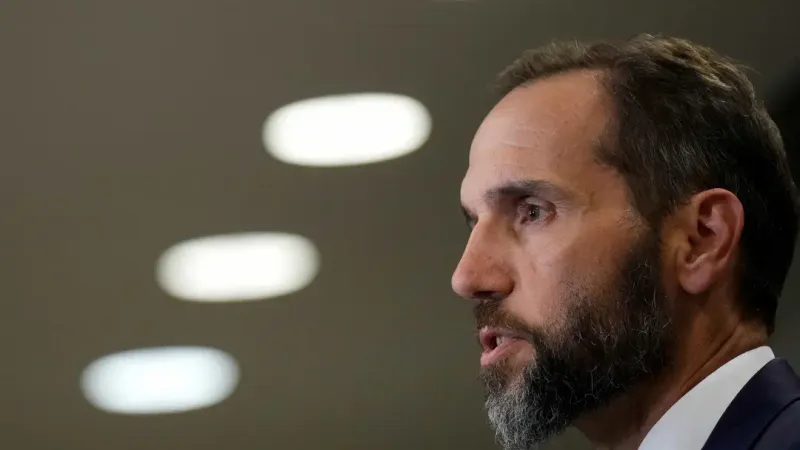Republic of Georgia: Protests Spread as Prime Minister Criticizes US
Tens of thousands of Georgians faced off against police across multiple cities for a fourth consecutive night on Sunday, as Prime Minister Irakli Kobakhidze rebuffed calls for new elections and Georgian police detained prominent opposition leader Zurab Japaridze early Monday morning....
0:00
/1861
Facts
- Tens of thousands of Georgians faced off against police across multiple cities for a fourth consecutive night on Sunday, as Prime Minister Irakli Kobakhidze rebuffed calls for new elections and Georgian police detained prominent opposition leader Zurab Japaridze early Monday morning.[1][2]
- 'The formation of the new government based on the October 26 parliamentary elections has been completed,' Kobakhidze said Saturday. On Sunday, protesters in Tbilisi gathered outside parliament, with authorities using water cannons, tear gas, and rubber bullets to disperse the crowd.[3]
- This comes after the US suspended its strategic partnership with Georgia, while the EU called for an investigation into the October parliamentary elections that opposition groups and international observers claim were marred by significant irregularities and voter intimidation.[4][5][6]
- Previously, Washington has criticized the use of 'excessive force' against demonstrators. However, Kobakhidze maintained that the Georgian police had 'acted at a higher standard than the American and European ones and successfully protected the state from another attempt to violate the constitutional order.'[7]
- The Black Sea nation has been rocked by turmoil after Georgia's ruling Georgian Dream party announced on Nov. 28 that it would suspend EU accession talks until 2028. However, Kobakhidze maintains that the country was 'committed to European integration...and we are continuing on our path to the European dream.'[8][9]
- Several high-ranking Georgian diplomats, including ambassadors to the US, Netherlands, and Bulgaria, have resigned in protest of the government's decision to freeze EU talks. Meanwhile, Pres. Salome Zourabichvili has refused to step down when her term expires.[10][11][12]
Sources: [1]Al Jazeera (a), [2]The Hindu, [3]Dw.Com, [4]Lrt.Lt, [5]POLITICO, [6]Newsweek, [7]FOX News, [8]BBC News, [9]Civil Georgia (a), [10]Reuters, [11]Al Jazeera (b) and [12]Civil Georgia (b).
Narratives
- Right narrative, as provided by TASS and Georgia Today. The government's decision protects Georgia's sovereignty against foreign interference and blackmail. The EU has been using accession talks and funding as tools to pressure Georgia into implementing unacceptable policies that would infringe on national dignity, while opposition groups are acting on foreign orders to destabilize the country.
- Left narrative, as provided by POLITICO and Civil Georgia. The ruling party is deliberately steering Georgia away from its European path and toward Russia's sphere of influence. The government's actions — including passing Russian-style laws targeting nongovernmental organizations and LGBTQ+ rights — represent democratic backsliding and betray the will of 80% of Georgians who support EU membership.







